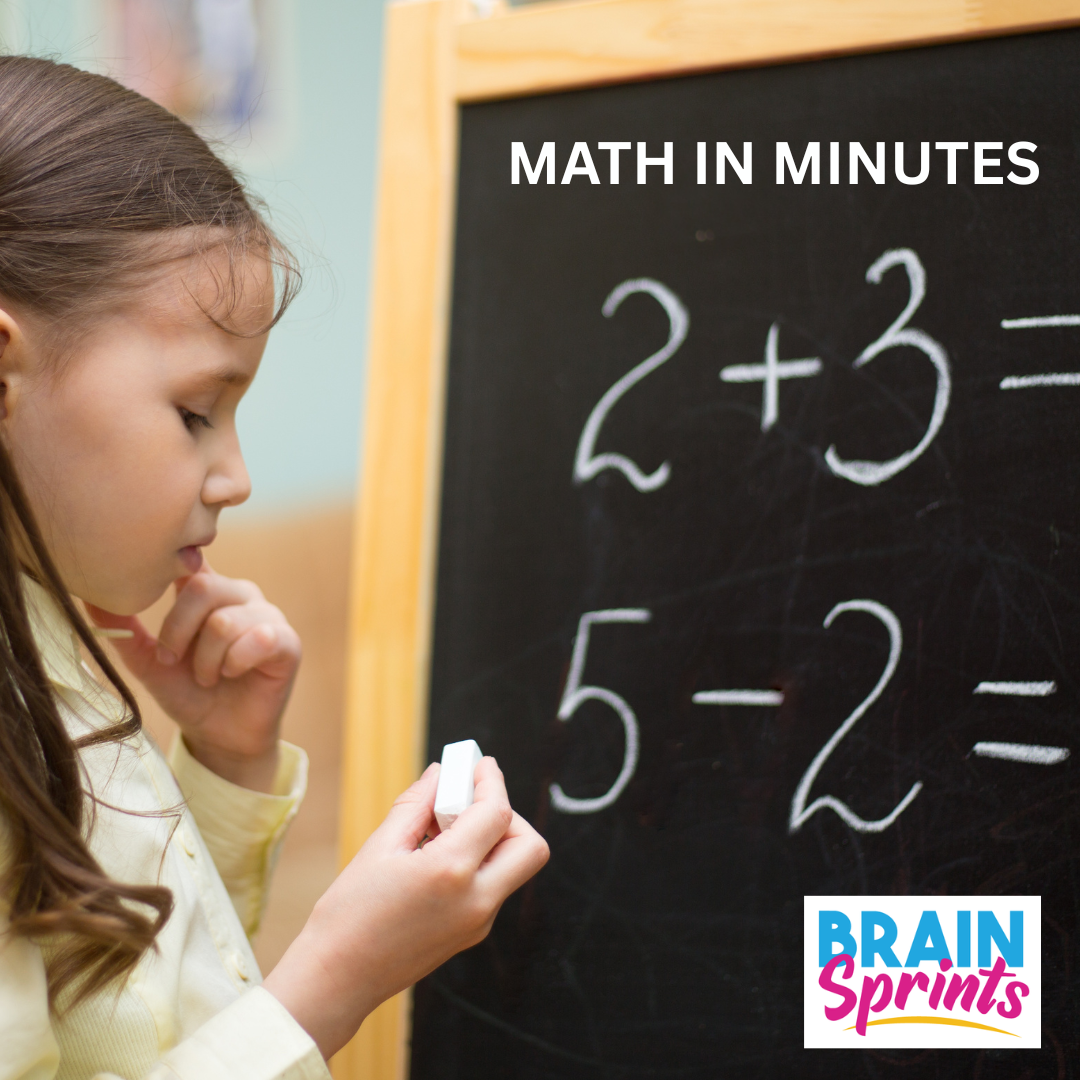Why is My Bright Child Struggling?
Why is My Bright Child Struggling Academically, Emotionally, Physically?
There’s nothing like steaming along in your home school journey just to get one of your really bright “littles” started in kindergarten and hum, maybe he is just not ready for formal academics is your new thought. In first grade, even though there are struggles, forward progress is made. Your thoughts switch to, “We must be on track” just to find in 2nd, 3rd or 4th grade it all hits a wall. The dreaded wall of frustration and meltdowns.
NeuroDevelopmental enthusiasts agree with Frederick Douglas, “It is easier to build strong children than to repair broken men.” What we do with our children each day, especially in the early stages of brain development, can affect their later coordination, their emotional maturity in handling life’s challenges and academic readiness/success.
What has changed?
Decades of changed cultural norms of putting infants in unnatural positions – on their backs, in gadgets (walkers, saucers, bouncers, bumbos…), carried continually (wraps and carriers) or propped in a sitting position before developmentally ready has wreaked havoc on our children’s brain development. Believe it or not, the mobility, tactile, visual and auditory development in year one produces a significant part of the brain’s foundation used for academics and functional abilities later in life. Many of our children lack the coordination of previous generations. You add the deficit in early development to the electronics and a sedentary lifestyle because of screens of all kinds, you have a recipe for challenges in many areas of life.
It is the author’s belief that the trends in child rearing mentioned above combined with reduced direct interaction with the child to develop short-term auditory memory are huge factors in test scores plummeting for many years. In addition, our brightest children being labeled “twice exceptional” (gifted with learning disabilities or labels) is skyrocketing.
Let’s explore some of the possible causes for symptoms that lead to labels.
Possible Root Cause #1 – Underdeveloped Visual System
Tragic is the thought that many really bright children don’t think they are very smart. Their high IQ reasons incorrectly that if things are easier for other children, there must be something “wrong with me”. Parents often struggle with unusual behaviors they don’t understand. Aiden’s parents were torn between wondering if there brilliant mathematician was just being lazy and careless or if there was another reason for all these math errors. High level algebra was a breeze yet his grades - F. On simple problems he would add when he was supposed to multiply or skip problems altogether. To make matters worse, Dad was really peeved that he didn’t look him in the eye when he spoke to him! The only thing these parents knew was what would typically be expected of this age child. To their surprise, there was a developmental reason for this poor academic and social performance - poor central detail vision. This underdeveloped eye function (totally different than 20/20 acuity) results in blank spaces in what you see up close and causes you to look with your peripheral vision thus looking like you are looking away in situations where eye contact is deemed important. Think of how this family’s dynamics change when a discovery like this is made. The fact that this was not a behavior or character issue for Aiden but a developmental one changed much of the negative interaction in the home while the root cause was being addressed.
Possible Root Cause #2 – Poor Auditory Short-term Memory
Other families notice the maturity and responsibility level in their child is lower than expected. The child acts like and gets along with younger children and seems socially immature with peers. This can be the result of low auditory processing and often causes additional friction in the family when for example, 10-16 year olds constantly forget chores or can’t stay on task to get school accomplished.
Have you experienced your displeasure growing when a really intelligent child just can’t seem to follow directions or remember details in a story being read aloud? From an ND perspective, these disturbing symptoms could also be caused by low auditory processing.
Possible Root Cause #3 – Incorrect Storage of Information
What about the maddening exercise of finally seeing the lightbulb come on in your child’s understanding of a certain concept in math or grammar just to have your hopes dashed the very next day. She looks at the problem waiting for you to explain it because she doesn’t remember FROM YESTERDAY what she is to do. “Unbelievable!” you think to yourself as you try to keep the frustration from your voice. Your thoughts, “What is going on here? I know she knew this yesterday.” This is what NeuroDevelopmentalists call inconsistent recall and the root cause, storing information in the wrong side of the brain.
So far, we have mentioned just a few of the developmental issues that keep bright children from reaching their full God-given potential. Hopefully this has given you pause to look for reasons for unusual behavior or performances instead of reacting negatively when relating with your bright children.
Now for the exceptionally good news!
We are truly fearfully and wonderfully made! God has made a way for us to stimulate the brain to gain better function. It is called brain plasticity or neuroplasticity referring to the ability of the brain to change and grow new pathways all through our life. The reality is, if someone is experiencing a negative symptom, there is a root cause for that symptom to exist. With the right kind of stimulation, a root cause can often improve significantly or be eliminated altogether.
The brain is obviously a complicated organ. All the knowledge needed to improve your child’s future can’t be delivered through this venue. My encouragement to you, start your journey to learn more about the development our Creator put in place and the amazing gift of neuroplasticity. There are admittedly other factors that could influence a child’s academic performance. The metabolic or internal chemistry of a child’s body is one area that should definitely be explored but is outside the scope of this article.
ND however has been confirmed to have a profound positive effect on your child’s future if implemented. Your first step to gaining a broader understanding of ND is to read the previous articles in this “NeuroDevelopmental series” from past issue of Homeschooling Today magazine. Another way to gain insight for your situation is through podcasts or YouTube presentations.
The brain controls everything we do so if a child is struggling academically, physically or emotionally besides asking our Maker for answers for spiritual causes the brain is where we must look for the answers. All parts of the brain are interlinked and depend on accurate and the quick transfer of information to work optimally.
Much like a computer that needs to be defragged to work to its full potential, organizing the brain with specific activities helps the individual gain faster and advanced functional abilities.
We have to realize that there is a big difference between an individual’s IQ and their functional ability. When someone has gone through all the developmental steps to make the proper connections in the brain, it functions like a super-powered computer connected to high speed internet. If those connections were not made for some reason, the function can resemble a computer connected to dial-up and will be less than optimal despite high intelligence.
You as a parent you hold the key to constructing the bridge over that wall of frustration and meltdowns to build strong boys and girls so you don’t have to later repair broken men and women. A few short, simple activities done consistently will change a child’s brain function for a lifetime. Remember it is never too late to change the brain.
For a free consultation to help you on your journey to release your child’s fullest God-given potential, click here!










